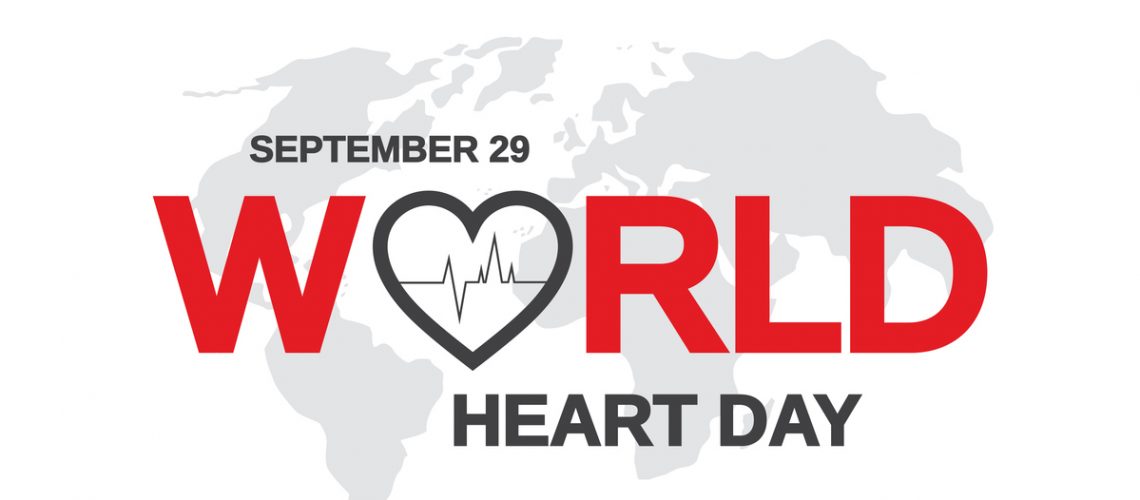29th September is World Heart Day, established by the World Heart Federation in conjunction with the World Health Organization to help increase awareness of cardiovascular disease and how it can be prevented.
The latest statistics from the British Heart Foundation estimate that today alone in the UK 460 people will die from cardiovascular disease. For many of the 7.6 million people in the UK with cardiovascular disease, a heart attack out of the blue may be the first symptom they experience, and that heart attack may be fatal. The numbers speak for themselves; the importance of screening for cardiovascular disease and attention to the risk factors which predispose to it cannot be overemphasised.
Screening for cardiovascular disease can take many forms, depending on the level of detail a person would like to go into; information about lifestyle and basic medical history can be entered into a risk calculator called the QRISK3, which determines an individual’s likelihood of sustaining a heart attack or stroke in the next ten years. Anyone with a risk calculated at 10% or higher is advised to address the modifiable aspects of their lifestyle to bring their risk down to below 10%, and those that are unable to do so are offered medication to help lower their risk.
Rather than treat patients empirically based on a perceived risk inferred from population statistics, more modern non-invasive technology has made it possible to individualise potential treatment by looking for the very beginnings of disease in the arteries supplying the heart (coronaries) and those supplying the brain (carotids) with simple tests such as the CT coronary angiogram and carotid artery ultrasound. This has taken screening to a more detailed and personal level such that a patient’s risk can be far more accurately defined and treatment can be offered to those who have been proven to have disease rather than those who are simply at risk.
We can now also go even further with a new analysis developed by Caristo Diagnostics, which is applied to data collected during a CT coronary angiogram. This gives information about the inflammatory status of the arteries, allowing for something called the CaRi-Heart risk score to be generated, which estimates an individual’s risk of a fatal heart attack in the next eight years.
If you do nothing else this World Heart Day, take a look at our page on screening to see if you can make any changes to your modifiable cardiovascular risk factors. If you would like more information about screening options, please get in touch.
